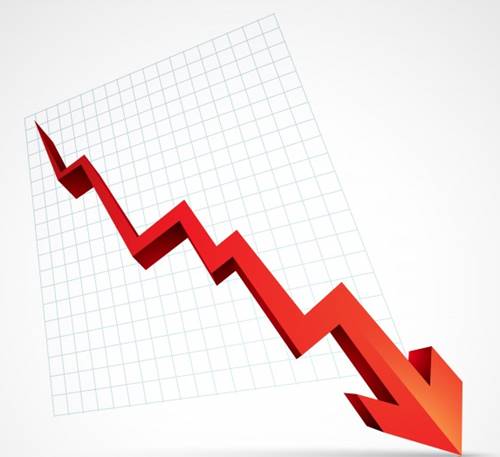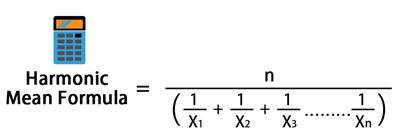
Table of Contents
Trading Halt Meaning
A brief cessation of trading for a specific security or securities at one exchange or across several exchanges is known as a trading halt. The price of the security or an index may have changed sufficiently to warrant a halt following exchange rules. Or, trading may have been suspended in anticipation of news announcements to address an order imbalance due to a technical issue, because of regulatory concerns, or for any other reason. Open orders can be cancelled, and options can still be exercised when a trading halt is in place.
How Trading Halt Works Today?
Both regulatory and non-regulatory trading halts are possible. Regulatory halts are imposed when there is uncertainty about whether the security complies with listing requirements so that Market participants have time to analyse significant news. A trading halt guarantees widespread access to news that may affect the price and prevents those who understand it first from gaining profits from the ones who learn it later.
A regulatory trading halt may also be required in response to other significant occurrences, such as:
- Company mergers and acquisitions
- Legal or regulatory decisions
- Management changes
The New York Stock Exchange (NYSE) (but not the Nasdaq) may impose a non-regulatory trading suspension to address a significant imbalance between buy and sell orders. These stops in trading normally only last a few minutes before the order balance is restored and trading can restart. Companies frequently hold off on disclosing sensitive information until the market has closed so that investors can assess it and decide if it is important. However, this method can significantly imbalance buying and selling orders before the market opening. In such a situation, an exchange may choose to implement an opening delay or a trading halt at the start of the market. These pauses often last no longer than a few minutes as the ratio of buy orders to sell orders is balanced again.
Talk to our investment specialist
Reasons for a Stock or Trading Halt
The following are the most typical causes for a stock's trading to be suspended:
- Important business news or transactions (such as mergers, acquisitions, reorganisation, etc.)
- Noteworthy information—whether favourable or unfavourable—about the company's goods or services
- Regulation changes that could impact the company's capacity to conduct business
- Significant modifications to the company's financial situation
Benefits of Trading Halt
The benefits of a brief pause in trading include the following:
- Enabling the dissemination of news to all market players
- Removing the possibility for unlawful trades and arbitrage opportunities
- Allowing other markets to learn about the information and stop trading that stock on their exchanges
Trading Halt: Good or Bad
Stock halts are neither necessarily beneficial nor negative. Stock halts can happen due to recent or upcoming negative news, but they can also occur due to positive news. Investors in a halted stock would undoubtedly become concerned. On the other hand, stock halts are employed to safeguard investors and level the playing field between knowledgeable and responsive investors and those who are merely out of the loop regarding current events.
What to do if a Stock is Halted?
The stock exchange notifies the market that trading a specific stock is prohibited during the stoppage. As a result, no investor can purchase or sell a particular stock for a given time. The brokers cannot publish the quotations. And then, trades are resumed only after adhering to the necessary regulations. The exchange notifies the public when the trading halt is lifted. Usually, when the suspension is lifted, stock prices plunge. Daily publications of previous and present trading halt data are made for all listed equities. A trading halt is a rare interruption intended to promote fair trading by defending the interests of investors. After the stock halt is lifted, the stock prices can decline.
Trading Halt vs Suspension
When trading is stopped, orders in the system are not deleted until the conclusion of the trading day, but when trade is suspended, all orders are deleted immediately.
Conclusion
Trading halts are typically implemented just before a significant or delicate news announcement. They may also be enforced, as has been extensively discussed in earlier parts, to address a demand-supply imbalance and for a few other reasons. Even though they may sound as if they are carrying huge losses for you, you must not panic and stay calm for the time being. The halts are never eternal, and they do end after a certain period.
All efforts have been made to ensure the information provided here is accurate. However, no guarantees are made regarding correctness of data. Please verify with scheme information document before making any investment.












